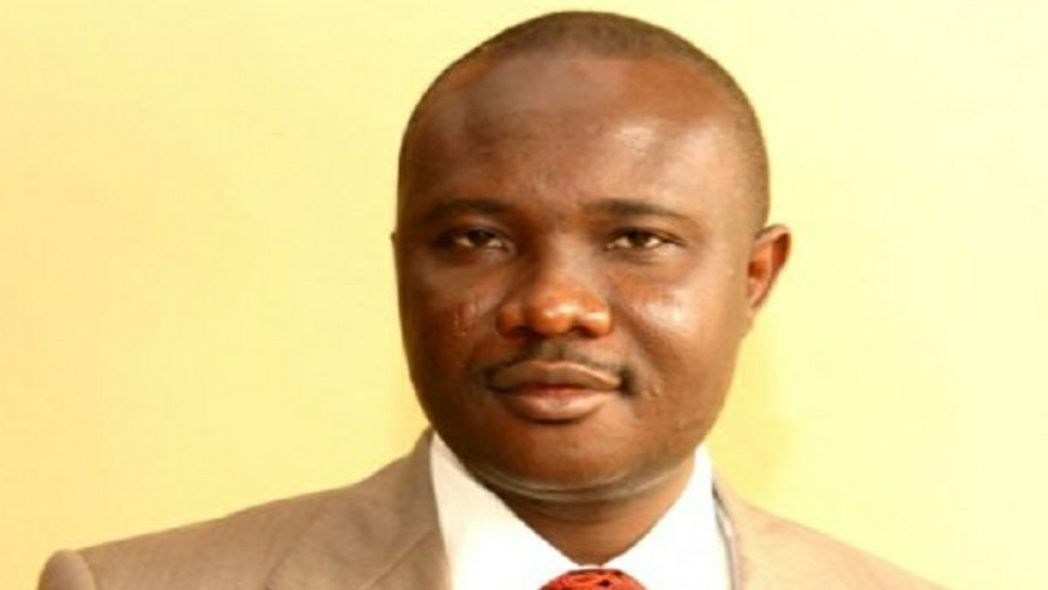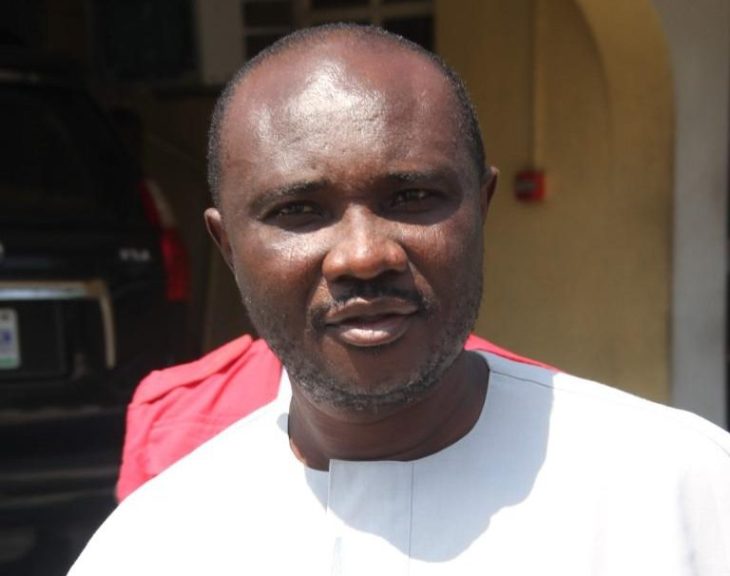EFCC re-arraigns ex-NDDC director for N3.6 billion fraud
The Economic and Financial Crimes Commission (EFCC) on Tuesday re-arraigned a former Executive Director of Projects, Niger Delta Development Commission (NDDC), Tuoyo Omatsuli, and others for alleged N3.6 billion fraud.
Mr Omatsuli and his co-defendants face 46 counts of money laundering at the Federal High Court in Lagos, a statement by EFCC’s spokesperson Dele Oyewale stated.
The anti-graft is prosecuting Mr Omatsuli alongside Francis Momoh, Don Parker Properties Limited, and Building Associates Limited, on money laundering charges under various provisions, including Section 18 of the Money Laundering Act as amended by Act No 1 of 2012 and punishable under Section 15(3) of the same Act.
The provision criminalises conspiracy, aiding and abetting and money laundering. Section 15(3) of the same Act prescribes seven to 14 years imprisonment for an individual and revocatioc of licence in the case of a corporate body.
The defendants denied all the charges on Tuesday.
The move to re-arraign the defendants is sequel to the Court of Appeal’s reversal of their earlier acquittal handed down by the trial court.
Mr Omatsuli’s legal troubles began in 2018 when he was arraigned before the Federal High Court in Lagos.
However, trial judge Saliu Saidu (now retired) exonerated him and other defendants, dismissing the charges after upholding the defendants’ no-case submission in 2020.
The trial court held that there was no point for the defendants to enter defence when the prosecution, at the end of the presentation of its evidence, failed to link them to the alleged crimes.
But the EFCC, dissatisfied with the ruling, went on appeal against it.
The Court of Appeal upheld EFCC’s appeal, overturning the acquittal and ordering the trial to proceed to defence stage.
The trial has faced setbacks since the Court of Appeal’s November 2022 judgement reversing the acquittal of the defendants.
The trial initially resumed before the former judge, Mr Saidu, following the Court of Appeal’s judgement, but was soon truncated.
But Mr Saidu soon retired, prompting the reassignment of the case to the current judge, Daniel Osiagor.
This necessitated the need for the re-arraignment of the defendants before the new judge.
PREMIUM TIMES reported that the anti-graft agency initially secured 22 March 2024 for the re-arraignment, but the proceedings did not take place as planned.
Following the not-guilty plea of the defendants on Tuesday, the prosecuting lawyer, Ekele Iheanacho, who is a Senior Advocate of Nigeria (SAN), called the first prosecution witness.
The witness, Usman Adamu, an operative with the EFCC, recounted his involvement in the investigation leading to the charging of the defendants.
He stated that 16 witnesses had testified in the previous trial before the former judge.
He added that 34 pieces of exhibits were admitted and marked Exhibits ET01 to ET34 during the said trial.
“None of the witnesses resides in Lagos. They had to travel from Portharcourt or Abuja to Lagos.
“Some of the witnesses have relocated abroad, while others are no longer reachable,” Mr Adams said.
The prosecuting lawyer, Mr Iheanacho, thereafter, applied to tender the records of the proceedings of the former trial, along with the exhibits admitted in evidence by the former judge. He cited Section 46 of the Evidence Act to support the move.
He also informed the court that his request was predicated on the need to reduce further delay and expenses as earlied held by the court.
The defence counsel did not oppose the application by the prosecution.
The court ruled and admitted the records as well as the exhibits in evidence, which were marked ET 01 to ET 34.
The prosecution counsel also applied to adopt the previous testimony of the 13th prosecution witness, Mr Adamu. He also applied that all the exhibits should be taken as read.
The judge granted the prayer, as there was no objection by the defence team.
The defendants applied for more time to enable them open their defence after the PW1 had closed his testimony.
The judge fixed 2, 3 and 4 July for further proceedings.
In Nigerian courts, cases are often plagued by lengthy trials, frequently prolonged by judge transfers or truncated by the judge’s retirement or elevation to a higher bench.









